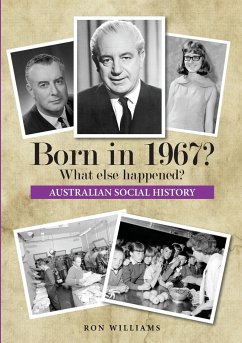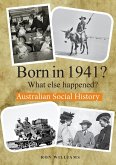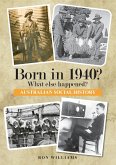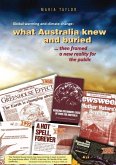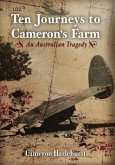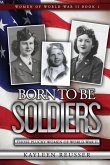ABOUT THESE SERIES ....But after that, I realised that I knew very little about these parents of mine. They had been born about the start of the Twentieth Century, and they died in 1970 and 1980. For their last 50 years, I was old enough to speak with a bit of sense. I could have talked to them a lot about their lives. I could have found out about the times they lived in. But I did not. I know almost nothing about them really. Their courtship? Working in the pits? The Lock-out in the Depression? Losing their second child? Being dusted as a miner? The shootings at Rothbury? My uncles killed in the War? Love on the dole? There were hundreds, thousands of questions that I would now like to ask them. But, alas, I can't. It's too late. Thus, prompted by my guilt, I resolved to write these books. They describe happenings that affected people, real people. The whole series is, to coin a modern phrase, designed to push your buttons, to make you remember and wonder at things forgotten. The books might just let nostalgia see the light of day, so that oldies and youngies will talk about the past and re-discover a heritage otherwise forgotten. Hopefully, they will spark discussions between generations, and foster the asking and answering of questions that should not remain unanswered. In 1967, postcodes were introduced, and you could pay your debts with a five-dollar note. You could talk-back on radio, about a brand new ABS show called "This Day Tonight." There was no point in talking any more to the Privy Council of the Brits - Oz was the only appealing place left to go. Getting a job was easy with unemployment at 1.8 % - better that the 5% 50 years later. Arthur Calwell left at last. Whitlam took his place. Harold Holt drowned, and Menzies wrote his first book in retirement.

